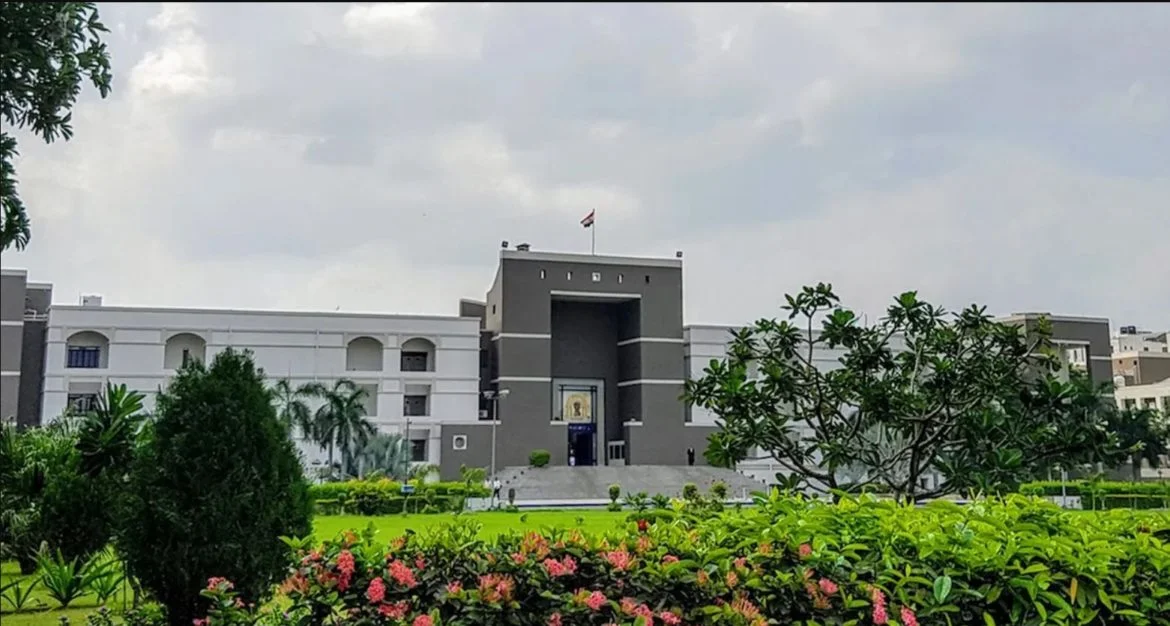The Gujarat High Court recently reiterated in the case GTPL Hathway Ltd. v. Strategic Markering Pvt. Ltd. that orders passed by Arbitration Tribunal during the pendency of arbitration proceedings cannot be challenged before the High Court under Articles 226 and 227 of the Constitution of India. (GTPL Hathway Ltd. v. Strategic Markering Pvt. Ltd).
The Gujarat HC held,
“… considering the policy, object and the provisions of the Act,1996, an order passed during arbitration proceedings by the Arbitration Tribunal cannot be challenged under Articles 226 and 227 of the Constitution of India as the Act,1996 is a special act and a self-contained code dealing with arbitration.”
In the case at hand, the primary question before Justice Bhargav D Karia was: Whether any order passed during pendency of arbitration proceedings under the Arbitration Act 1996 could be challenged by certiorari under Articles 226 and 227 of the Constitution of India or not?
Advocates Sunit Shah and Yatin Soni appearing for the petitionersargued that such orders were amenable to the jurisdiction under Articles 226 and 227 as the Arbitration Act provided for an alternative mechanism for adjudication of disputes under the Code of Civil Procedure (CPC), 1908.
On the other hand, respondent’s Advocate Shivang Shukla contended that judicial intervention was restricted in Arbitration matters, particularly as given under given Section 5 and 16 of the Act.It was submitted that the petitioner could only avail remedy as given in Section 34 of the Act and hence, petitioner’s challenge to the arbitral order in question could not be moved before the High Court under Articles 226 and 227 of the Constitution.
The High Court, in turn, examined various provisions of the Arbitration Act, 1996, to concede that this Act provided for a “complete procedure”as an alternative to the normal procedure for adjudication of disputes before the Civil Courts under the CPC.
Relying on a host of case laws including M/s. S.B.P. and Co. v. M/s. Patel Engineering Ltd. and Anr. and M/s. Deep Industries Limited v. Oil and Natural Gas Corporation the court concluding that the object of the “self-contained” Arbitration Act was to minimise judicial intervention and hence held,
“.. the order passed by the Arbitration Tribunal during the course of Arbitration cannot be challenged by the petitioner under Articles 226 and/or 227 of the Constitution of India.”
While the petition was dismissed after allowing the preliminary objection to its maintainability without going into the merits of the dispute, the court clarified, “… it would be open for both the sides to raise all the contentions on merits before the appropriate forum.”
Read the judgment here:

